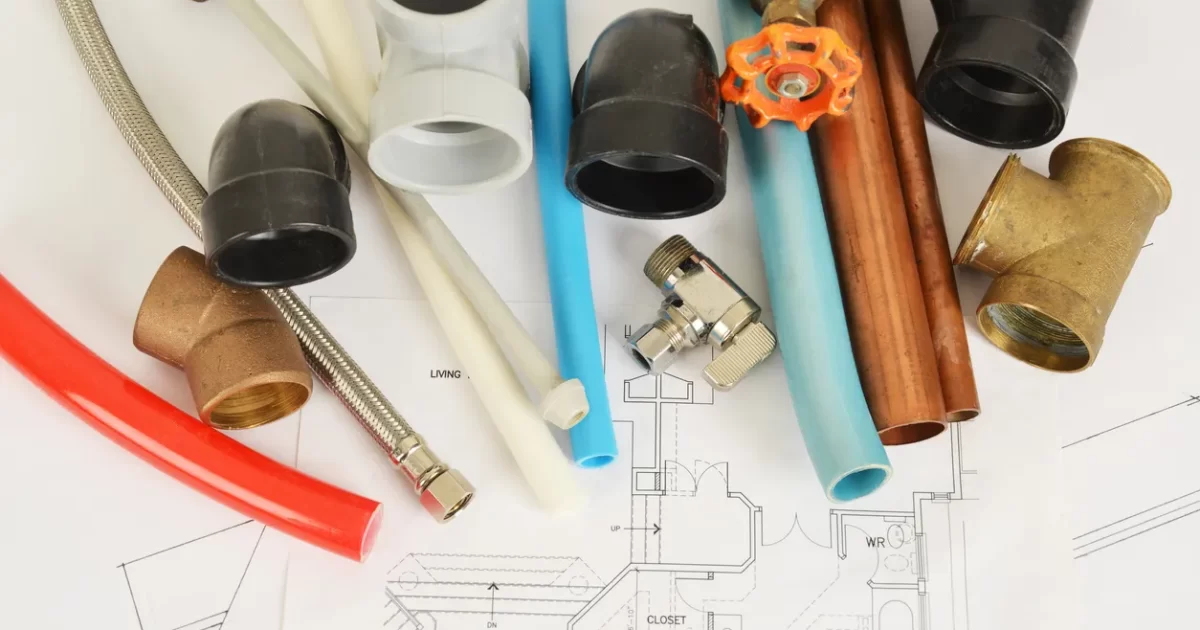Green plumbing solutions promote sustainable living and lower water and energy bills. From low-flow fixtures to on-demand water heating, eco-friendly upgrades can have a profound effect on living costs.
Green plumbing practices not only save water but can also aid with waste management and pollution reduction. Ewhomeservices’ guide demonstrates how homeowners can benefit from adopting eco-friendly plumbing practices in their home.
Water Conservation
Green plumbing solutions can dramatically lower water and energy usage costs while making homes more sustainable. Installing low-flow fixtures such as toilets and faucets that use less water or greywater recycling systems that repurpose domestic wastewater for non-drinking uses are both great ways to cut back.
Water conservation helps preserve natural water sources like wetlands and rivers, which helps prevent future shortages as our planet only has finite supplies of clean drinking water. Implementing green habits into everyday life can have an even bigger impact; for instance turning off faucets when brushing teeth, fixing leaky pipes promptly and running dishwashers/washing machines only when full are all effective ways you can conserve water in your home.
Finally, green plumbing installations create healthy living environments by minimizing leakage and energy costs and preventing mold and mildew growth – providing better indoor air quality and reduced health costs.
Energy Efficiency
Green plumbing solutions not only reduce environmental impact, but they can also conserve both water and energy, saving homeowners money in the process. Installing low-flow fixtures such as faucets, showerheads, and toilets helps cut household water consumption by 20-60% while alleviating strain on wastewater treatment plants. Installing an appropriately-sized boiler prevents unnecessary energy use without spending money on an oversized model.
Eco-friendly plumbers may employ new innovative technologies like brain pipes to monitor home water pressure and shut off immediately if any leaks or other issues arise. Many of these systems are made from recycled or sustainable materials to further minimize resource usage and waste. Furthermore, replacing older water piping with ones made of more durable and corrosion resistant material will cut leaks while also saving money over time – both the environment and homeowners will appreciate this long-term savings! This is particularly essential given our global water shortage situation.
Reduced Pollution
Eco-friendly plumbing solutions contribute to a healthier environment by conserving resources. In turn, they help lower energy and water costs – an enormously valuable benefit for households on limited budgets who prioritize sustainable living.
Low-flow fixtures such as toilets, aerated faucets and adjustable showerheads can significantly decrease household water consumption without compromising performance. Water conservation is also a core aspect of green plumbing as it helps preserve natural resources while protecting wetlands and endangered wildlife and preventing drought.
Eco-friendly solutions such as insulation can significantly lower energy usage for maintaining hot water. Furthermore, tankless water heaters eliminate standby energy losses to further decrease consumption and energy expenditure.
Reduced Carbon Footprint
Green plumbing solutions not only reduce water waste but also minimize energy use. This helps curb pollution and fossil fuel consumption while decreasing greenhouse gas emissions that contribute to global warming and ultimately global warming itself.
Green plumbing techniques consist of various water conservation fixtures and appliances, like low-flow toilets and showerheads; as well as energy-efficiency features like tankless water heaters which help conserve electricity by heating water only when necessary instead of continuously using electricity to do it.
Green plumbing involves thoughtful selection of material for its systems to last, such as choosing drains made of 100% post-consumer recycled polyethylene terephthalate (PET). This helps reduce waste and environmental impact. Other environmentally friendly measures that can complement green plumbing include using bidets that significantly cut down paper waste in the home while helping with hygiene control and controlling odor.





